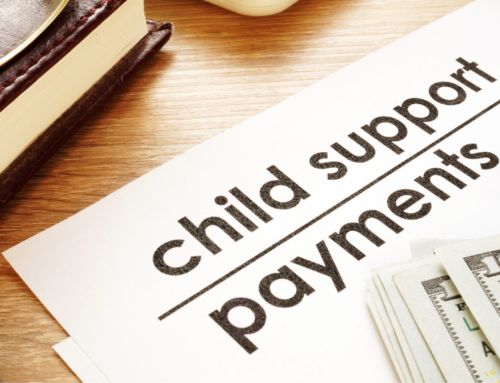At Heimerl and Lammers, our divorce attorneys understand that when spouses with children decide to dissolve their marriages, the kids’ best interests come first. That is true personally and in the eyes of the law.
When parents cannot design a custody agreement on their own or through mediation, family courts will determine the details regarding child custody, parenting time, and child support by placing the children’s best interests at the forefront of their reasoning and decision-making process.
However, the court decides on these important matters, the child custody and child support decisions will affect both parents’ finances and their tax statuses going forward. The agreement may also interrupt the parent who pays child support’s ability to collect an income tax return if they fall behind on their payments. Here is more about how your child support agreement can affect your taxes in Minnesota.
Are Child Support Payments Tax Deductible in Minnesota?
The simple answer is no. The parent who pays child support in Minnesota may not deduct the payments on their taxes. He or she pays child support out of his or her after-tax income.
The recipient, or custodial parent, does not treat the support as gross income, so it is not taxed by the state or federal government. This rule cannot be changed, even if the parents would like to establish a different approach in their agreement. It is, so to speak, written in stone.
Are There Income Tax Dependency Exemptions and Credits for the Custodial Parent?
The parent who has custody of the child(ren) for the greater portion of the calendar year is typically identified as the custodial parent. The default rule is that the custodial parent is entitled to claim the children as dependents for income tax purposes. However, unlike the rule regarding tax deductions for child support payments, this rule can be changed. The change can occur in one of two ways.
First, the parents can agree to have the custodial parent sign a waiver with the Internal Revenue Service that changes the dependency exemption.
If that is not agreeable, our Minnesota family courts mandate that the other, non-custodial parent receives the exemption, if it sees fit. The court will then order the custodial parent to comply by signing the IRS waiver that makes it official.
Since the governing standard is dictated by what is in the best interests of the children, most parents make an agreement regarding how they will handle the exemptions on their own, which could be alternating years or splitting the return.
State and Federal Tax Refund Interception for Child Support Arrears in Minnesota
When the parent who is charged with paying child support falls behind, which is also referred to as arrears, the Minnesota Child Support office can intercept his or her federal or state tax refund to collect the past-due child support.
This is true for any tax refund payment, including those delivered:
- Electronically
- By Mail
- Through a Rapid Refund Service
The child support administrators will send a notice to the parent who is in arrears, stating they will file a claim with the U.S. Department of Treasury Offset Program for the amount they are behind. It will explain their rights, how this action can be avoided, and what will happen if they do nothing.
When the funds are intercepted, the child support office will apply the money to all open cases that are in arrears — if that parent owes for more than one child/recipient — and will pro-rate the remainder of the arrears.
The office may hold the funds for up to six months before releasing payment to the custodial parent.
More recently, as a result of the COVID-19 virus, Economic Impact Payments have been, or will be, sent to taxpayers throughout the country, including Minnesota, to help offset the personal and family financial hardships millions of people have suffered throughout the past year.
These, too, are eligible for interception for child support arrears.
How Can I Make Changes to My Minnesota Child Support Agreement?
If you would like to explore your legal rights and options to pursue child custody or child support modifications since your last agreement was finalized, contact our family law attorneys today by calling (612) 294-2200 or by contacting us online and allow us to review your case during a free consultation, so you can make informed decisions on how to pursue your goals with the help of our experienced legal team.





